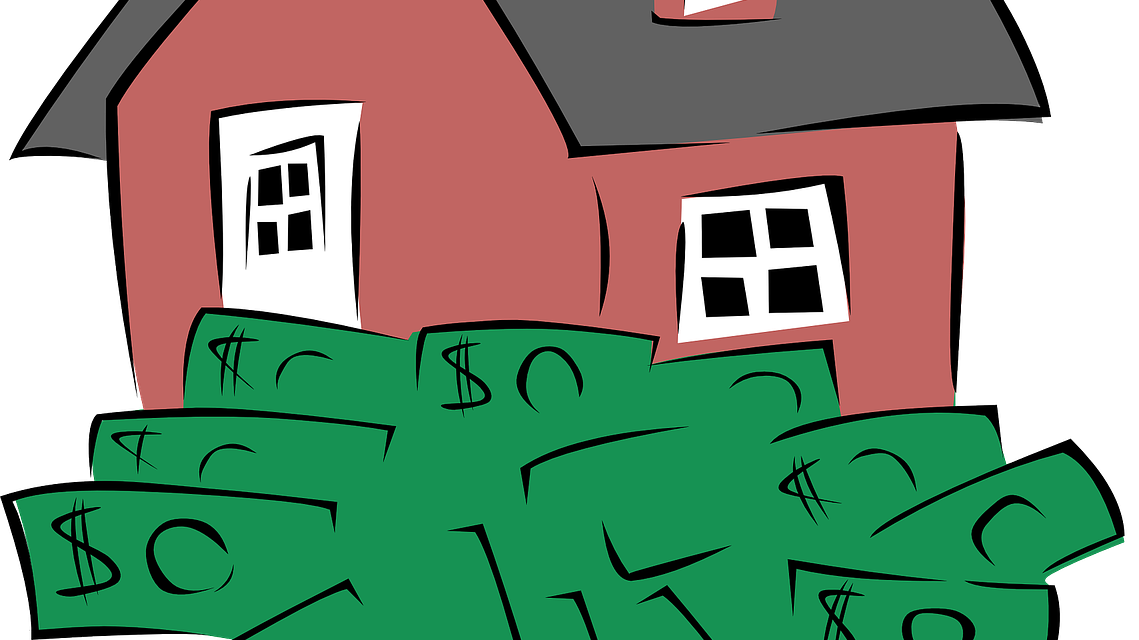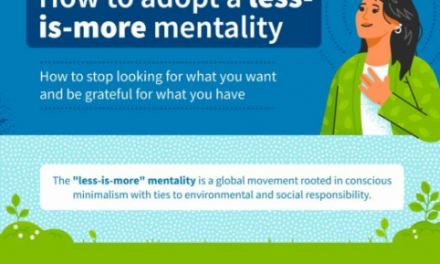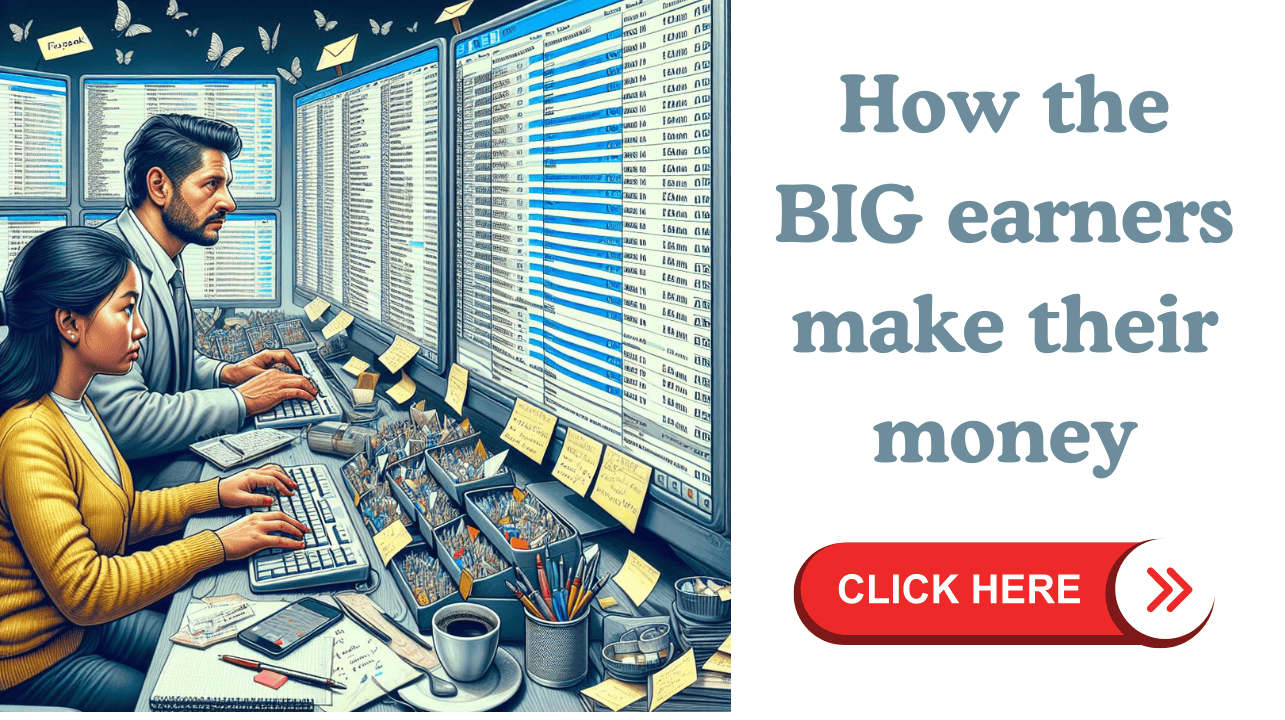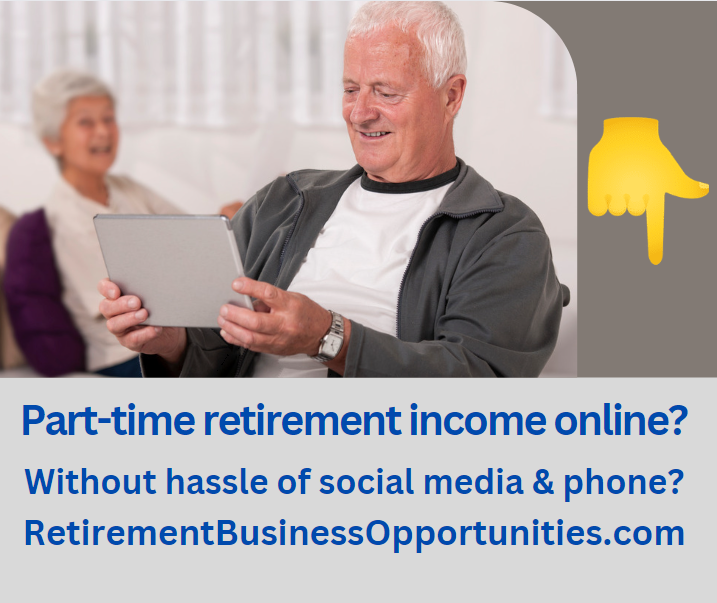Table of Contents
The question of rent or buy your home was generated by my recent article that explored how working from home affects the housing market. https://joyhealey.com/how-does-working-from-home-affect-the-housing-market/
I’ll declare my bias right up front – because I have intimate knowledge of both sides of the coin, and have my own PERSONAL preference.
- I am lucky enough to have come from a family of long-term home owners where it would be considered a surprising decision to rent instead of buy. But I am curious to know whether we made the right decision.
- The majority of my income comes from a portfolio of rental properties – so I have plenty of experience of the reasons people choose to rent instead of buying.
But of course, one size doesn’t fit all, and your choice can vary depending on your location (for instance what is the prevailing ethos in your home country), your age and your personal circumstances?
Rent or Buy In UK, Europe and USA
- UK – With my own bias, I was surprised to learn that “Home-ownership has been in decline in the United Kingdom, falling from an all-time high of 70.9% in 2003 to 63.9% in 2018. This decline has coincided with a revival of the private rental market.” Source: Brookings.edu
- Europe – Again I was surprised by the variability of the statistics of home-ownership by our European friends ranging from 41.6% for Switzerland through to 95.8% for Romania. Source: Statista.com
- USA – I’m less familiar with the USA statistics, but if your main focus is on the USA property market you couldn’t do better than check out the excellent information about the pros and cons of buying or renting on this Mortgage Calculator site.
But let’s assume that your potential property move doesn’t involve changing your country.
While renting gives you more freedom of location – up and go to a new area relatively quickly – owning your own home gives you other freedoms.
In Favour of Home Ownership
Our family logic was always that we were building an asset to pass on to the family
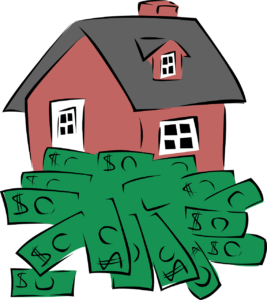 The argument was that your monthly mortgage payment is contributing to an asset that you will eventually own, and no longer have to pay for. With current (June 2021) values of property increasing you have a double whammy of good use of money here. Back in the day my parents would always tell me, “Paying rent is pouring money down the drain” or more specifically into the pockets of someone else. As the availability of buy-to-let mortgages grew, it could even be that a tenant’s rent was funding a BTL mortgage for someone who was benefiting from the increased property value.
The argument was that your monthly mortgage payment is contributing to an asset that you will eventually own, and no longer have to pay for. With current (June 2021) values of property increasing you have a double whammy of good use of money here. Back in the day my parents would always tell me, “Paying rent is pouring money down the drain” or more specifically into the pockets of someone else. As the availability of buy-to-let mortgages grew, it could even be that a tenant’s rent was funding a BTL mortgage for someone who was benefiting from the increased property value.
One risk on relying on property appreciation is if the property bubble bursts, as it did in the late 1980s when many people were trapped by negative equity – meaning they owed more on their mortgage than the property was currently worth, as described here: “The collapse of the British housing market since the late 1980s has led, to the widespread emergence of a new phenomenon, negative equity, which manifested itself on a mass scale for the first time in British housing history in 1991.“ Source: geog.ox.ac.uk
If you think today’s mortgage interest rates are high, they’re nothing compared to what many saw (and I paid) at the time. Check out the eye-watering rates of interest recommended by the Council of the Building Societies Association in the late 1980s.
Those of us who were lucky enough NOT need to sell our houses in that period just sat it out, interest rates fell, our mortgages got paid off, and years later I sold my house at several times the price I paid for it.
But of course, it’s all relative unless you’re down-sizing. The price of a comparative house you can buy 30 years later has increased massively too – so it’s a bit of a paper-money exercise in some ways.
Another huge advantage that home-ownership confers is …
Freedom to Use Your Home As You Wish To
- Decoration: Many rental properties have restrictions on the way the property is decorated and you must obtain permission to make changes (or at least, at your own expense, return it to the condition it was in when your tenancy started).
- Smoking: although it’s on the decrease, you – and your visitors – may want the freedom to choose whether you can smoke inside your own home or not. This may be prohibited by a tenancy agreement.
- Communal Service Charges: I have just been talking to a friend in a blog of flats who is unhappy that she has contributed for years to a communal service charge that’s going to be spent on a large expense requested by new-comers, but her own very modest request has been denied.
- Pets: A friend of mine, in her 70s, was looking to move closer to family and rent – until she realised that most rental accommodation won’t allow pets. That’s enough to convince any self-respecting pet-owner that home-ownership is the only way forward.
The points in favour of home ownership assume that you can afford the mortgage required to buy a property – check that out at this UK mortgagability affordability checker or at the next link for the USA mortgage calculator.
In Favour of Renting 
- Increased flexibility: if you’re not sure how long you want live, or your employer wants you to stay, in a particular location, the costs and stresses of moving between rental properties are lower. (No estate agent fees, stamp duty, solicitor, worry of collapsing property chains.) You want to move? Just give the requisite notice, up and go.
- Affordability: it’s a brutal fact that renting may be the only way that many people can put a roof over their family’s head. And even then the local council may be the ones who fund this. The quality of your property can vary depending on your landlord. I have seen some appalling conditions (not mine!) that a local council is funding just to get families off the streets.
- Property Maintenance: It’s a sad truth that some tenants are at the mercy of bad landlords but assuming you get a good landlord, your property maintenance is looked after for you.
- Safety Standards: Your rented accommodation may reach higher safety standards than your home. I’ve just signed off on a five figure sum to re-wire a block of 3 flats to stay within UK safety legislation. If that was your own home you’d be footing that bill – if you even thought to have the safety checks that good landlords must pass. Homeowners don’t have to pass the same stringent tests on the properties that landlords do. As a naive landlord I once had the ‘ouch’ moment of receiving a bill for £30 from a tenant who had called out a tradesman to replace a light bulb. I use a better property management agent now!
So how might the “rent or purchase” decision be affected at different stages of life?
Rent or Buy For Different Age Groups
Many years ago when I was in my early twenties, home ownership was a prime motivator for everyone I knew in that age range. Whatever their employment status, my contemporaries were all frantically saving towards putting down a mortgage deposit on their first home. And it was an achievable goal for almost everyone. Typically a young couple would marry, move in with one or other set of in-laws for a few years, save like crazy and then start buying their first home. Often just a few streets away from their in-laws.
It’s not such a straightforward decision in the 2020s.
- First of all, many of those in their late teens have their first taste or rental accommodation as they leave home and go to University. Some parents have the ability to buy their student off-spring a home, and maybe even rent it out to other students. However I don’t envy anyone becoming a ‘live-in landlord’ in their early twenties. Such scope for disaster! But, if students enjoy renting from someone else, it’s less of a culture shock to them continue renting after University. Personally, I hated being in someone else’s house – which probably contributes to my strong bias towards home ownership.
- It follows from the increasing number of teens going to University that those in their early twenties may have emerged with eye-watering debts to repay that my generation didn’t incur. A few years ago I remember hearing the story of two fully qualified, married, teachers who were turned down for a mortgage because repaying their student debts counted against their ability to pay for their mortgage. Ironically their rent was higher than the mortgage repayments would have been.
- As house prices have risen, so has the deposit needed to get on the housing ladder Fortunately there are now government schemes such as “Help to Buy” which, among others options, can reduce the deposit needed for first-time buyers to get started https://www.ownyourhome.gov.uk
- The job market has changed, and high-flyers may re-locate several times to earn higher salaries which they use to fund higher mortgages. Some people even move abroad and rent out their own homes until they return. I’ve seen people become very wealthy doing this as they received rental income from their own home, while living in accommodation paid for by the company who sent them overseas! Nice work if you can get it.
- Mid-life crisis? Sadly some marriages or partnerships end in split ups (again an unusual phenomenon when I was in my twenties). So one household needs to become two and selling one house to buy two is usually an insurmountable challenge. So typically one of the partners must move into rented accommodation.
- No employment? If you’re unable to prove consistent income you may be unlikely to secure a mortgage.
- In retirement? As people move into retirement, or lose a life partner, their needs often change. They might want to move to be closer to family and/or they may be attracted by the thought of needing less involvement with house and garden maintenance. Could rented accommodation tick these boxes? Worth thinking about if you don’t mind losing the freedom to ‘do your own thing’ in your own home. Or do you prefer to stay in your own home and take equity release to enjoy some of the money previously locked up in your home?
Has the Pandemic Affected The Rent or Buy Decision?
At the start of the first UK lockdown in March / April 2020, home-owners and those in rental properties all had their own similar worries.
Could they pay their mortgage, or could they pay their rent? In either case, how long could they keep a roof over their head if their source of income stopped? The UK government helped many employees with a generous furlough scheme. But most self-employed and small businesses (including landlords) were initially left to fend for themselves. Some permanently.
Happily both home-owners and tenants were protected to some extent from the worst effects of the pandemic. Help that became available included:
- Home owners – To allay fears of mortgage defaults, the UK government introduced several support measures early on in the pandemic. You can read about them here https://commonslibrary.parliament.uk/research-briefings/sn04769/
- Tenants – Likewise protections were introduced for tenants, banning evictions https://www.gov.uk/government/publications/covid-19-and-renting-guidance-for-landlords-tenants-and-local-authorities/coronavirus-covid-19-guidance-for-landlords-and-tenants. Incidentally these tenant protections caused hardship for many small landlords reliant on receiving rents for their own income, and to continue paying the costs of repairs and the legal obligations of maintaining the flats safely. No sane landlord wants to evict a GOOD tenant. But there are often valid reasons why an empty flat is preferable to a BAD tenant.
If you’ve been lucky enough that your post-pandemic work can be done from home, you may now be ready to consider buying or renting property in a less expensive and more pleasant area than when you were chained to the necessity of a long commute or living in an expensive city location.
Rent or Buy Your Home? Calculators Here
Writing this article hasn’t changed my own preference for home ownership, but it has opened my eyes to other people’s circumstances where renting could be the better option.
Still not decided whether to rent or buy?
If you’re in the UK and looking to explore UK mortgage options, click here.
Otherwise you can explore your options with this Rent or Buy Calculator:
